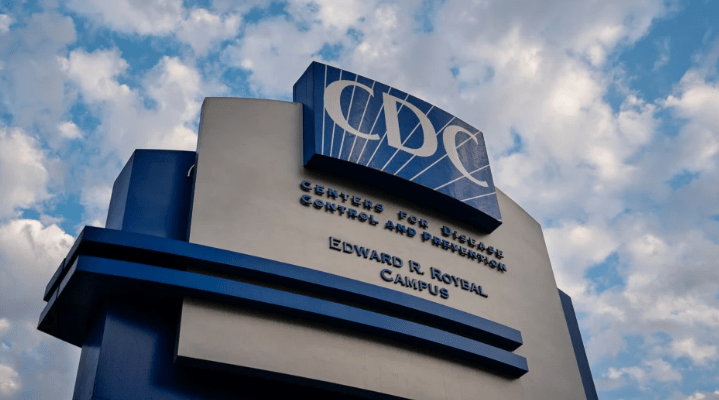
Table of Contents
ToggleRising Norovirus Cases
Norovirus, commonly known as the “stomach flu” or “food poisoning,” has been spreading rapidly throughout the Northeast in recent weeks, with over 13% of tests returning positive results since late January. This uptick marks the highest norovirus positivity rates in the region since April of the previous year. While the Northeast currently bears the brunt of the outbreak, other regions across the country, particularly Western states, are also experiencing increased infection rates.
Understanding Norovirus
Despite its colloquial name, norovirus is distinct from influenza and primarily manifests with gastrointestinal symptoms such as vomiting, diarrhea, nausea, and stomach pain. This highly contagious virus thrives in colder months, with peak transmission occurring during late fall, winter, and early spring. Norovirus spreads easily through contaminated food, water, and surfaces, posing a significant public health concern due to its resilience and ability to linger on objects for extended periods.
Preventive Measures and Awareness
To combat the spread of norovirus, individuals are advised to maintain strict hygiene practices, including frequent handwashing and disinfection of surfaces. Additionally, precautions should be taken when handling food, especially fruits, vegetables, and seafood, to minimize the risk of contamination. The FDA has issued warnings regarding the consumption of oysters from specific regions in Mexico, emphasizing the importance of vigilance in food safety.
Violent Incident in NYC Pet Store Sparks Outrage on Social Media
Impact and Response
Norovirus outbreaks can have significant repercussions, as demonstrated by a recent outbreak linked to a North Carolina sushi restaurant, which affected hundreds of individuals. While there is no specific treatment for norovirus, the CDC recommends hydration and supportive care to alleviate symptoms and prevent dehydration. As the country braces for an average of 20 million norovirus cases annually, heightened awareness and proactive measures are crucial in mitigating the impact of this widespread illness.
Conclusion
The escalating norovirus outbreak in the Northeast underscores the importance of proactive measures, public awareness, and adherence to hygiene protocols to curb transmission and protect public health. By prioritizing preventive measures and staying informed about norovirus risks, communities can collectively work towards minimizing the spread of this contagious virus and safeguarding the well-being of individuals across the nation.
No related posts.